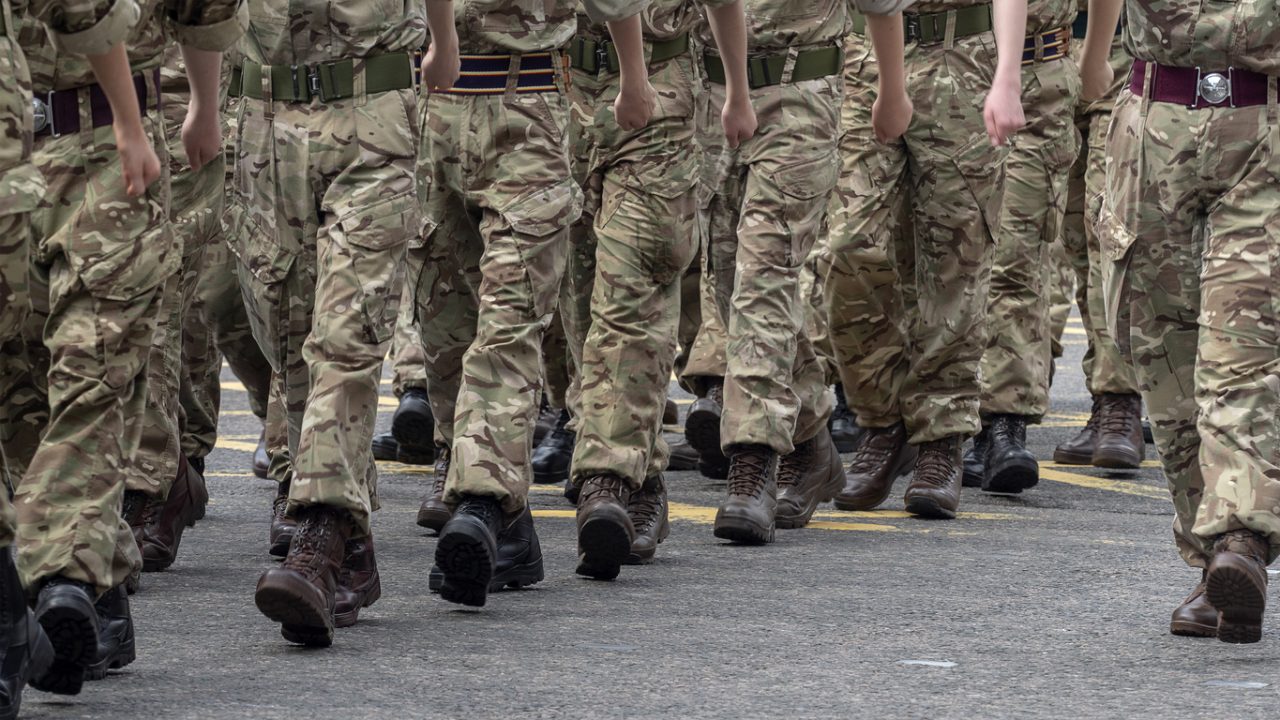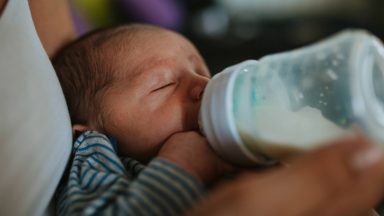Joining the army before reaching the age of 18 does not appear to increase people’s risk of post traumatic stress disorder, new research suggests.
Two new studies found little evidence that early recruitment to the UK Armed Forces is associated with an adverse impact on long-term mental health.
Young people can enter the UK Armed Forces as junior entrants or “juniors” at age 16 or 17, and service at that age focuses on education, physical fitness and trade and skills training.
Deployment is not permitted until people are 18, however, concerns have been raised that juniors are more likely to be channelled into combat roles so are potentially at higher risk of poorer mental health outcomes than those who join at 18 years or older.
Two studies led by researchers from the University of Glasgow and King’s Centre for Military Health Research (KCMHR) at King’s College London found that there is no increased risk of post traumatic stress disorder (PTSD) among people who joined the UK Armed Forces as juniors.
However, the research led by the University of Glasgow found that veterans who entered service at age 20-25 years demonstrated an increased risk of mental health issues.
Meanwhile, the study led by KCMHR found that under-18s who joined after 2003 reported higher prevalence of alcohol misuse and self-harm.
Dr Beverly Bergman, Honorary Clinical Associate Professor and leader of the Scottish Veterans Health Research Group at the University of Glasgow and lead researcher, said: “Our findings provide no evidence to support the concerns which have been expressed that junior entry to military service, prior to age 17.5 years, is associated with an increased risk of adverse mental health outcomes.
“By contrast, it is entry to service at age 20 and above which carries the highest risk, although the overall effect has reduced in more recent generations of veterans.
“We also found those who enter service as junior entrants are more likely to follow a longer military career and have a lower risk of long-term mental health disorder, than those recruited at older ages.
“Efforts to prevent recruitment in the younger age-groups in order to protect mental health are, at best, misplaced and, at worst, may paradoxically result in increased risk to mental health.”
The University of Glasgow-led study looked at more than 78,000 veterans in Scotland born between 1945 and 1995, of whom more than 28,000 had entered as juniors, investigating long-term major mental health conditions in junior entrant veterans in comparison with veterans recruited when older.
The veterans were compared with 253,000 people who had no record of military service.
Researchers found that the risk of mental health disorder in the veterans was highest in those who were older when they joined the Armed Forces, particularly for people born before 1960.
Veterans born more recently were less likely to have any difference in risk of mental health disorder irrespective of their age at recruitment.
The King’s College London-led study used data from the KCMHR military cohort study of UK Armed Forces personnel.
KCMHR researchers compared deployment, pre-service and post-service experiences and mental health outcomes in those who joined service as Junior Entrants and had completed basic training, with those who joined service as Standard Entrants and had completed basic training.
Data from 4447 participants showed there was no increased risk of PTSD or common mental disorders, however under-18s who signed up after 2003 reported higher levels of alcohol misuse and self-harm compared to those who were over 18 when they joined the Armed Forces.
Professor Nicola Fear, author and Co-Director of KCMHR at King’s College London said: “Self-harm and increased alcohol use are clear signs of distress and we need to explore why these rates are raised in the younger cohort.”
Both studies are published in BMJ Military Health.
Follow STV News on WhatsApp
Scan the QR code on your mobile device for all the latest news from around the country


 iStock
iStock

























